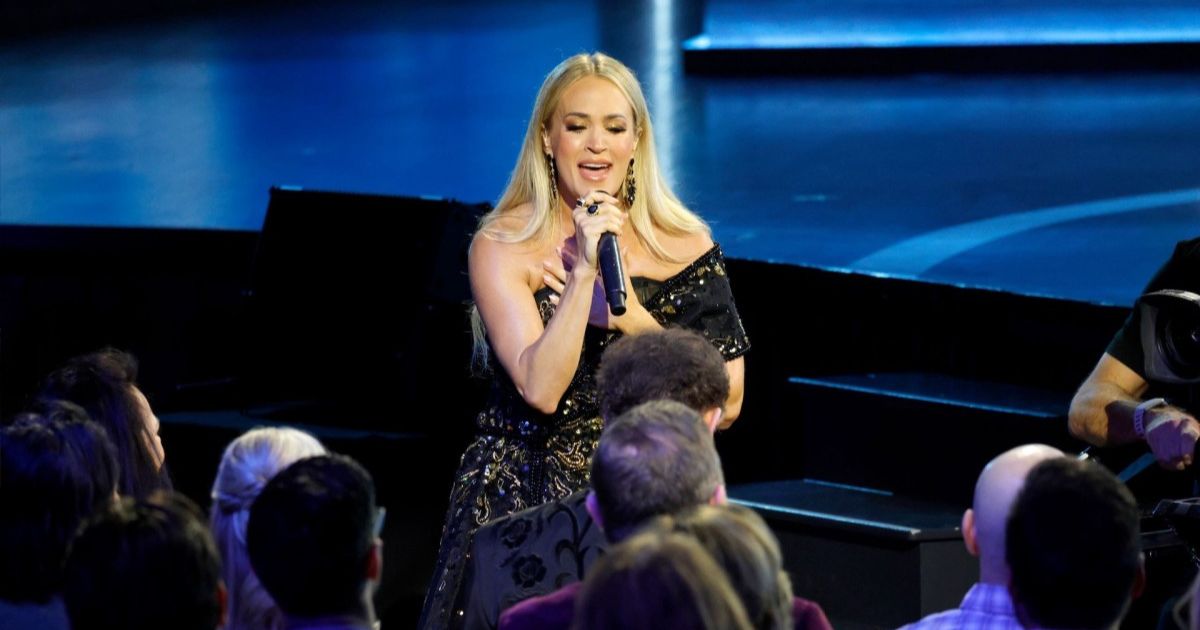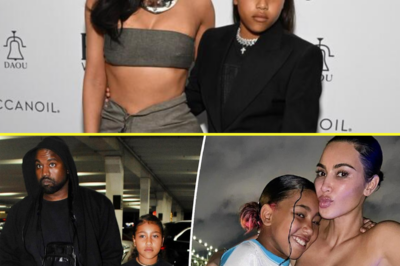
Country music has always had its roots in storytelling – raw, emotional, and unfiltered.
During the Grand Ole Opry’s 100th anniversary celebration on NBC, Carrie Underwood reminded the world exactly what that sounds like.
For newcomers to the genre, especially those brought in by recent genre-hopping ventures from artists like Beyoncé and Post Malone, this performance wasn’t just a tribute to a legend. It was a masterclass.
Carrie Underwood, one of the most respected voices in country today, took the stage to honor none other than Randy Travis, a man whose name is synonymous with real-deal, old-school country.
Randy Travis, who suffered a debilitating stroke in 2013 that nearly ended his career, sat in the crowd watching with tears in his eyes.
Watch her performance here:
Carrie didn’t just perform a tribute – she channeled the very spirit of what made Randy a legend. The two have long represented the soul of the genre, and in this moment, country purists everywhere felt seen.
Meanwhile, the country music industry is going through a bit of an identity crisis. Just last month, Beyoncé won a Grammy for Best Country Album – a move that stirred no shortage of controversy.
Her song “Texas Hold ‘Em” is catchy, sure, but it sparked debate: is it really country? Or is it just another pop artist trying on a cowboy hat for a few months before moving on to the next trend?
There’s no denying Beyoncé is one of the greatest performers of our time. But there’s also no denying that Carrie Underwood’s performance at Opry 100 was the real deal. The grit. The twang. The soul. You can’t fake that. You can’t manufacture that with a banjo and a beat drop.
Today’s country charts are starting to look more like pop playlists with a few fiddles sprinkled in. It’s not just Beyoncé – Post Malone’s dabbling in country too, and while the experimentation is interesting, it begs the question: where’s the line between evolution and dilution?
Carrie Underwood stands firmly on the right side of that line. She’s not afraid to bring in modern production or belt out high-energy stadium anthems, but she never strays from the genre’s core.
News
Carrie Underwood steps out with husband Mike Fisher in rare red carpet appearance — Fans are buzzing
Last night, Underwood and her husband, Mike Fisher, made headlines by walking the red carpet together for the first time…
Trump or Biden? Astronaut Butch Wilmore reveals who truly saved him after 9 Months in Space
NASA astronaut Barry “Butch” Wilmore recently shared what truly saved him during a challenging nine-month mission aboard the International Space…
Inside Fox News’ Peter Doocy’s and Hillary Vaughn small wedding that had only 18 people
Fox News personalities Hillary Vaughn, 32, and Peter Doocy, 35, welcomed their daughter, Bridget Blake Doocy, into the world on…
Fox News’ Kat Timpf Reveals Update After Undergoing Surgery for Cancer
Fox News contributor Kat Timpf is sharing a health update after undergoing a double mastectomy following her cancer diagnosis ….
Social Media Reacts To Viral Clip Of Meghan Markle Giving Prince Harry A ‘Hateful’ Look Before Getting Back Into Character: ‘The Mask Slipped’
Rumors about the intricacies of Meghan Markle and Prince Harry’s relationships have been swirling for years, with many social media…
Kim Kardashian ‘stopped North visiting dad Kanye West after finding out Andrew and Tristan Tate would be there’
KIM Kardashian has “stopped daughter North visiting dad Kanye West after finding out Andrew and Tristan Tate would be there”,…
End of content
No more pages to load












